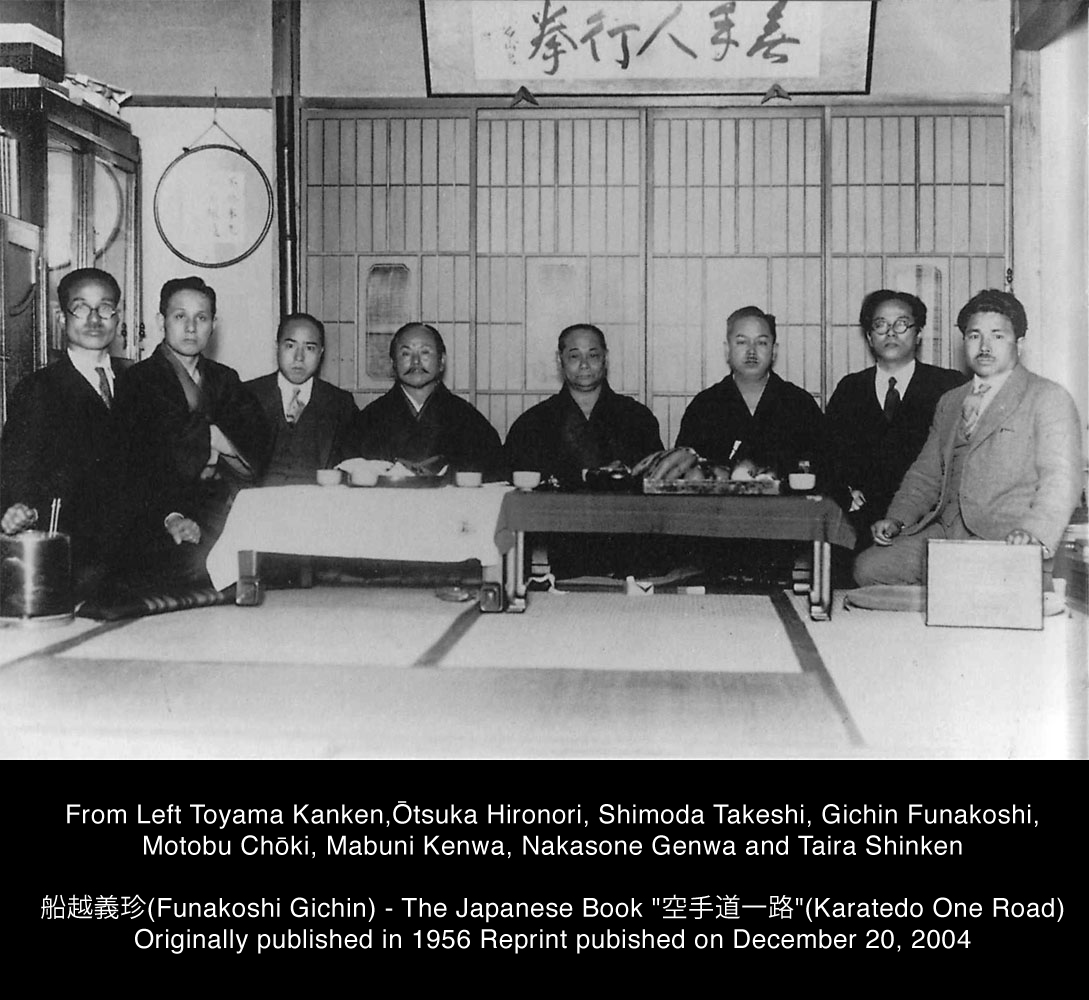

Martial arts like Karate and Tae Kwon Do are passed down from teacher to student. They are earned through patience and constant training. They are preserved by passing on those hard earned lessons through teaching new students. We all stand on the shoulders of the masters who came before us.
Kim Studio originally opened its doors in 1964. Very few martial arts schools in the United States have enjoyed the same longevity but we are still going strong! Kim Studio has been a part of Montgomery County and the Washington Metro area since 1964, when Ki Whang Kim founded it in Silver Spring.
Grandmaster Ki Whang Kim passed the traditions of hard training to Grandmaster James K. Roberts, Jr.
In 2013, Peter Butler, Matt Gammon, and Matt Jochum opened Kim Studio College Park to expand and preserve the martial arts of Ki Whang Kim and Grandmaster Roberts.

Grandmaster Ki Whang Kim (1920-1993)
Grandmaster Ki Whang Kim was born in Seoul, South Korea in 1920. He was the son of wealthy parents, who were actively involved in the shipping industry. As a child, Grandmaster was often subjected to harassment from his peers because of his family’s wealth, and this caused him to become obsessed with learning how to defend himself, at a very young age.
During his teen years, Grandmaster moved to Japan, where he studied Judo and eventually attained the rank of black belt. While studying at the Nihon University in Japan, Grandmaster began studying Shudokan Karate, under the instruction of Kanken Toyama. After graduation, Grandmaster continued his studies of the martial arts by traveling to China where he studied Kenpo, and Shaolin Kung Fu.
In 1964, Grandmaster emigrated to the United States, where he opened his first Karate schools in Silver Spring, Maryland, and at the YMCA in downtown Washington, D.C. At that time, Grandmaster was affiliated with the Tang Soo Do Moo Duk Kwan Association, serving as its ambassador in the United States. In later years, Grandmaster devoted much of his efforts toward unifying several Korean fighting arts under the name Tae Kwon Do.
While Grandmaster was a very accomplished tournament organizer, he believed that tournament competition was only a small part of being a martial artist. Indeed, in his promotion of tournament competition, he was not one to seek the limelight for his own purposes, but only to the extent that it promoted the best interest of martial arts. His way was to emphasize the spiritual aspects of karate-do, the development of good moral character, and thus well rounded human beings. Grandmaster placed great emphasis on racial and cultural harmony, and his student body reflected those values at all times.
In addition to a black belt in Judo and Tae Kwon Do, Grandmaster held 8th Dan in Tang Soo Do, and a black belt in Aikido. He taught for over thirty years, and was inducted into the Black Belt Hall of Fame in 1979. That same year, he was selected as Co-Instructor of the Year. In 1971, Grandmaster was promoted to 9th Dan by the Korea Tae Kwon Do Association. In 1993, while hospitalized with terminal liver cancer, Grandmaster was received his 10th Dan from the Korean Tae Kwon Do Association, as a symbol of his lifelong dedication to martial arts and to Tae Kwon Do in particular. He passed away on September 16, 1993.
Kanken Toyama
Kanken Toyama was Grandmaster Kim’s instructor while he studied at Nihon University. Toyama is the founder of our style, Shudokan, which was named after his first dojo that he opened in 1930. Toyama grew up under the teachings of Anko Itosu and remained a student until Itosu’s death in 1915. A decade later, he would move to Taiwan for work while he studied Chinese open hand arts and Taijiquan.
The Japanese government eventually recognized his prowess and diversity in martial arts, beckoning him back to Japan. He was given the opportunity to promote to any rank in any style and was given the title of master instructor. Toyama would go on to help shape the world of Korean martial arts, having 3 Korean students; Kim Ki-Whang, Yoon Byung-in and Yun Kwae-Byung. One of the Korean students, Yun, would help him avoid a military ban on all martial arts during the war by opening a school in his name.
Toyama believed that “there is no school in karate” and he has maintained a non-school principle throughout his life. Kanken Toyama died on November 24, 1966, in Shuri, Okinawa
KIM STUDIO LINEAGE
Kim Studio Lineage